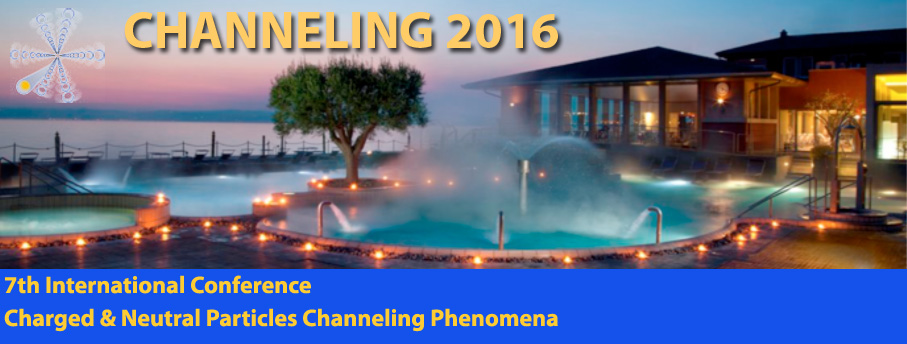Speaker
Prof.
Vladimir Baryshevsky
(Belarusian state University, Institute for Nuclear Problems)
Description
The phenomena of spin rotation and depolarization of high-energy particles in crystals in the range of high energies that will be available at Future Circular Collider (FCC) can be used to measure the anomalous magnetic moments of short-lived particles. We demonstrate that the phenomenon of particle spin depolarization in crystals provides a unique possibility of measuring the anomalous magnetic moment of negatively-charged particles (e.g., beauty baryons), for which the channeling effect is hampered due to far more rapid dechanneling as compared to that for positively-charged particles. It is noteworthy that strong fluctuating fields act on neutral particles moving at a small angle to the crystal axes (planes), too, leading to the depolarization of their spin, which fact can be used to measure the magnetic moment of neutral particles.
It is shown that the estimated number of produced baryons that are captured into a bent crystal or undergo effective depolarization in a straight crystal grows as ~ $\gamma^{3/2}$ with increasing particle energy. Hence it may be concluded that, for example, the experimental measurement of magnetic moments of short-lived particles using the spin rotation effect is feasible at LHC and higher energies (for 7 TeV the running time required for measuring the magnetic moment of $\Lambda^{+}_{c}$ is 2-16 hours).
Author
Prof.
Vladimir Baryshevsky
(Belarusian state University, Institute for Nuclear Problems)

